Ashford vs. Thornton: Europe's last documented court battle (7 photos)
In the past, many personal disputes were settled by duels. When a crime was committed, or one person accused another of a crime, and there were no witnesses or confessions, the court would allow the two parties to legally settle their differences by fighting a duel. 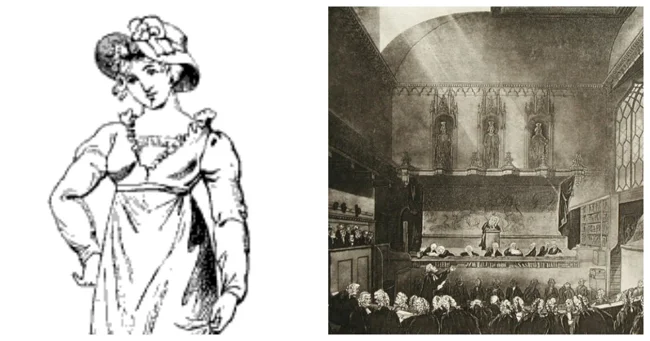
The winner of the duel was declared to be in the right. This archaic law remained in use throughout the European Middle Ages, gradually falling out of use in the 16th century. The medieval method of trial by combat had been largely forgotten until Abraham Thornton, accused of rape and murder, tried it more than two hundred years after the last trial by combat had taken place. 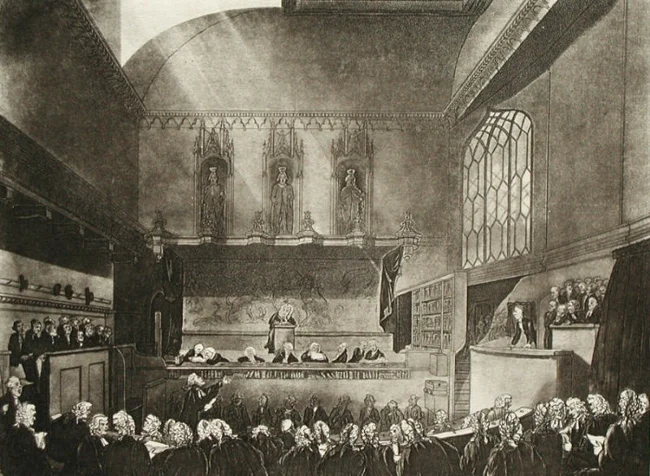
The Crown Court
The case of Ashford v Thornton was a landmark and a subject of widespread discussion. There was probably no case in the criminal history of the country during that century that attracted such widespread public attention.
On May 26, 1817, Mary Ashford, a 20-year-old servant and housekeeper, attended a dance at Tyburn House in Warwickshire. Also present was Abraham Thornton, 24, a builder's son from Castle Bromwich. During his trial, various witnesses described him as a "good-looking young fellow". Others found him "repulsive in appearance". Throughout the evening, Thornton made advances to Mary, and she also seemed to enjoy his company. During this time, someone overheard Thornton using "rude and obscene language" and bragging that he had had sex with her sister many times and would do the same to Mary. 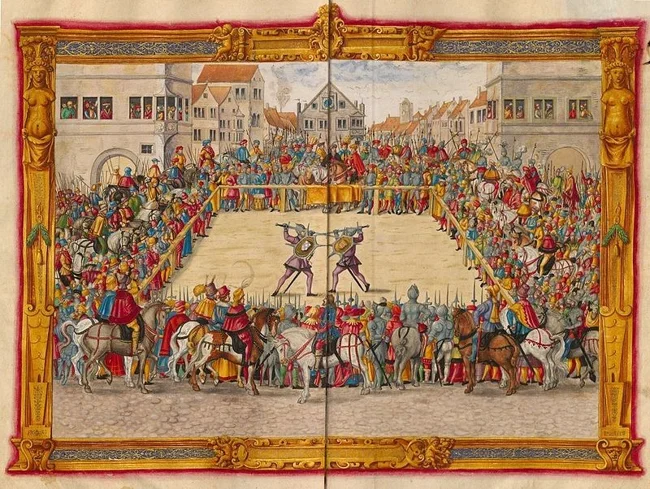
1544 illustration of the 1409 Augsburg trial
Around midnight, Mary was seen leaving with Thornton, with her friend Hannah Coxe walking behind the pair.
Instead of returning to Erdington, where she lived, Mary announced that she would go to her grandfather's, who was closer to work, and Hannah and Mary separated. Shortly before four in the morning, Hannah was awakened by Mary, who had come to collect her work clothes. Mary changed her clothes and hurried away, saying that she needed to be home before her uncle went to market. She was last seen alive walking towards the house.
Around six o'clock in the morning, her body was found in a pit filled with water. The police found a series of footprints indicating that the man and woman had walked together almost to the pit, and that the man had returned alone. An examination of the body showed that Mary had been raped. 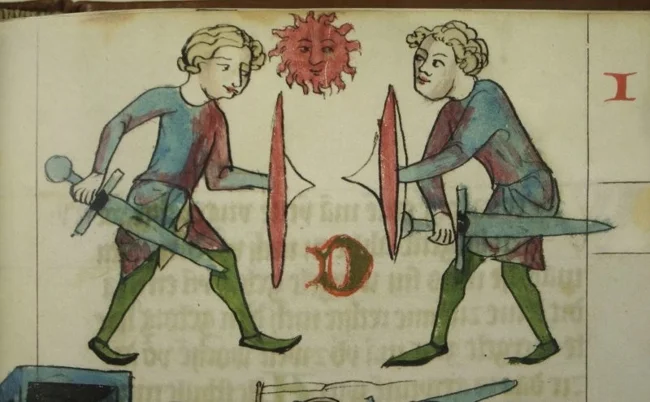
Thornton was immediately arrested, but he denied the charges. His shoe prints were taken and matched the footprints at the crime scene. Blood stains were found on his underwear.
Although locals were bitterly opposed to Thornton, the prosecution was unable to build a convincing case against him and he was released due to insufficient evidence. 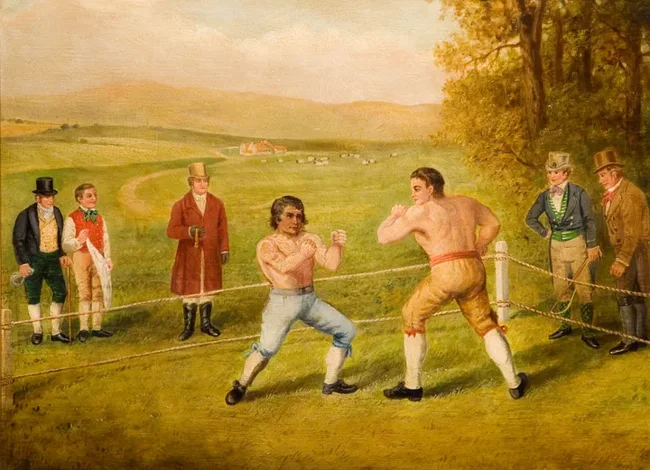
Mary's brother William Ashford was furious at the verdict. In fact, the entire town was outraged by Thornton's acquittal. Newspapers across the country published letters from residents openly hostile to Thornton. Soon funds were raised and William Ashford appealed. Appearing at the Crown Court, Thornton threw down a leather glove to the prosecutor and replied, "Not guilty, and I will prove it with my body." William refused the challenge. William's counsel argued that Ashford was young and not strong enough to fight a man as strong as Thornton, and that the court should not accept Thornton's challenge to trial by combat, to which Lord Chief Justice Lord Ellenborough replied, "That is the law of England." 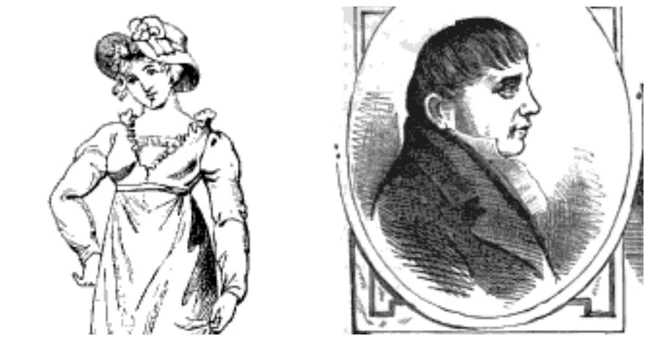
Mary and Abraham
At the subsequent hearing, the judges decided that the evidence against Thornton was not strong enough to disqualify him from fighting.
Lord Ellenborough concluded that the common law of the land was in favour of combat. Whatever prejudices there might be against that mode of trial, nevertheless, since it was the law of the land, the court must find in his favour.
Because William Ashford refused to fight, Thornton was declared the winner, the case was dismissed, and Thornton was given his freedom. 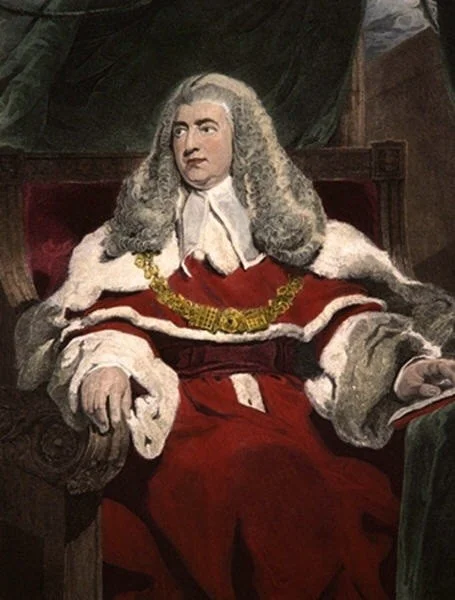
Lord Ellenborough
The following year, Lord Eldon, the Lord Chancellor, introduced a bill to abolish private appeals after acquittals and to abolish trial by combat. The bill was quickly passed by Parliament.
Abraham Thornton tried to return to life, but met with general hostility. He moved to the States, married, had children, and died around 1860. William Ashford died in 1867 at the age of seventy.

























